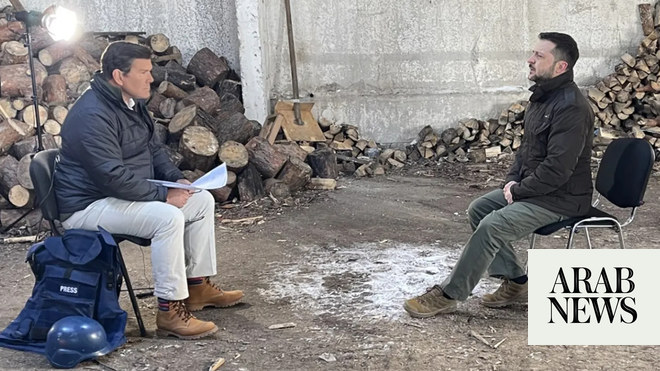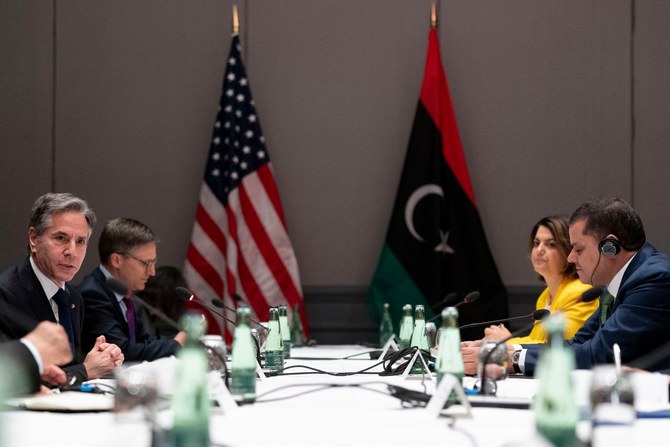
The US Institute for Peace (USIP) last month released a report with recommendations for preventing extremism in fragile states, with a particular focus on the Horn of Africa, the Sahel, and the Middle East. The report was requested by Congress and has the support of several key Republican and Democratic members. If its recommendations are adopted — which is not certain — it would provide a new framework that the US government and international partners could use to try to prevent the spread of extremism in certain contexts.
“Preventing Extremism in Fragile States: A New Approach” acknowledges that, while the US has been mostly successful in protecting its homeland since the 9/11 attacks and combating terrorists through military means, it has failed to prevent the spread of extremism. On the contrary, “extremist groups continue to grow in number, size, lethality, and geographic reach,” according to the report. This trend is not just a problem for the US, but threatens countries and people around the world.
The task force behind the report, which includes well-known foreign policy practitioners from both political parties, views extremism as “a wide range of absolutist and totalitarian ideologies.” The causes of extremism vary in different places, and the report emphasizes the importance of tailoring solutions to a specific country or location. The authors believe that extremism can take root in societies where the relationship between the government and the people has deteriorated to the extent that people see the government as unresponsive to their needs or even as hostile. When this occurs in societies that have diverse population groups, the relationships between those groups can break down, fueling competition and grievances.
Extremists are very adept at exploiting such situations to gain support, promote violence and offer their own political solutions — solutions that naturally put the extremists in charge. In these contexts, it might be possible to militarily defeat a terrorist group but, without addressing the underlying problems, violent extremist groups are very likely to re-emerge.
The task force recommends three key steps. The first is to adopt a “Shared Framework for Strategic Prevention” within the US government that recognizes that extremism “is a political and ideological problem.” The shared framework would prioritize providing US support to various types of leaders in fragile states who demonstrate a desire to practice accountable governance and rebuild trust. The task force emphasizes that the US cannot impose solutions externally but rather should support actors inside countries who are trying to rebuild trust between government and the people and between different groups within society.
Extremists are very adept at exploiting such situations to gain support, promote violence and offer their own political solutions — solutions that naturally put the extremists in charge.
Kerry Boyd Anderson
The second recommended step is for the US government to implement the framework through a “Strategic Prevention Initiative” that assigns specific roles to different government agencies for implementing the new approach. The report emphasizes the importance of coordination and long-term planning. Another element of this step would provide US diplomats with more flexibility for shaping programs and determining funding based on country-specific circumstances.
The third step would create a “Partnership Development Fund,” through which the US would coordinate with other international donors, the private sector, funding recipients and others to focus on preventing extremism. The task force envisions a longer-term approach than some typical forms of international aid, with five-year and 10-year partnerships. USIP President Nancy Lindborg noted the importance of coordination during the launch of the report in order to avoid frequent mistakes. “What you see, particularly in some of these more fragile environments, is various donors coming in with different visions and requirements, and it creates a kind of chaos at the country level,” she said.
The report also emphasizes burden-sharing and states that the US “should contribute no more than 25 percent of the fund’s overall operating budget.” While many other countries share US concerns about the effects of extremism, this might be a big ask at a time when US relations with many major donor countries are at a low point, and other countries may be reluctant to be major contributors to another US-led effort.
“Preventing Extremism in Fragile States: A New Approach” is an excellent report, built on the expertise and careful analysis of an experienced, knowledgeable group of people. It offers practical recommendations. Fortunately, the report has some influential supporters, including Republican Sen. Lindsey Graham, who has a close relationship with President Donald Trump, and Democratic Rep. Eliot Engel, Chairman of the House Foreign Affairs Committee.
The report has some elements that Trump and his allies might appreciate, including burden-sharing in funding and the acknowledgement that the current US approach — seemingly unending wars with massive costs in terms of funds and lives — is unsustainable. However, the recommendations might struggle to gain traction in the Trump administration, given the president’s skepticism of working with international partners and lack of interest in strategic prevention. While the report’s authors are very clear that they are not calling for spending lots of resources on nation-building, some Trump supporters might see it as essentially the same thing.
The USIP report is particularly important at a time when US political leaders and foreign policy experts are struggling to balance the need to continue addressing extremism and terrorism with a widespread fatigue and questioning of what years of military action in Afghanistan and Iraq have achieved. The US needs options other than continuing with “forever wars” or retreating from the world stage.
• Kerry Boyd Anderson is a writer and political risk consultant with more than 14 years’ experience as a professional analyst of international security issues and Middle East political and business risk. Twitter: @KBAresearch
Disclaimer: Views expressed by writers in this section are their own and do not necessarily reflect Arab News" point-of-view












